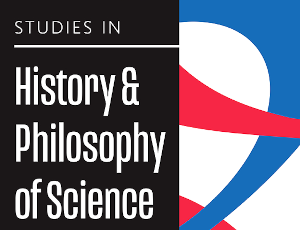
Davide Serpico, former member of the BIOUNCERTAINTY project published a new article: “A Wolf in Sheep's Clothing: Idealisations and the aims of polygenic scores” in History and Philosophy of Science
Abstract
Research in pharmacogenomics and precision medicine has recently introduced the concept of Polygenic Scores (PGSs), namely, indexes that aggregate the effects that many genetic variants are predicted to have on individual disease risk. The popularity of PGSs is increasing rapidly, but surprisingly little attention has been paid to the idealisations they make about phenotypic development. Indeed, PGSs rely on quantitative genetics models and methods, which involve considerable theoretical assumptions that have been questioned on various grounds. This comes with epistemological and ethical concerns about the use of PGSs in clinical decision-making. In this paper, I investigate to what extent idealisations in genetics models can impact the data gathering and clinical interpretation of genomics findings, particularly the calculation and predictive accuracy of PGSs. Although idealisations are considered ineliminable components of scientific models, they may be legitimate or not depending on the epistemic aims of a model. I thus analyse how various idealisations have been introduced in classical models and progressively readapted throughout the history of genetic theorising. Notably, this process involved important changes in the epistemic purpose of such idealisations, which raises the question of whether they are legitimate in the context of contemporary genomics.
Link to the article
Serpico, D. (2023).
A Wolf in Sheep’s Clothing: Idealisations and the aims of polygenic scores.
Studies in History and Philosophy of Science, 102, 72–83. https://doi.org/10.1016/j.shpsa.2023.10.006
 Web Content Display
Web Content Display
 Web Content Display
Web Content Display
